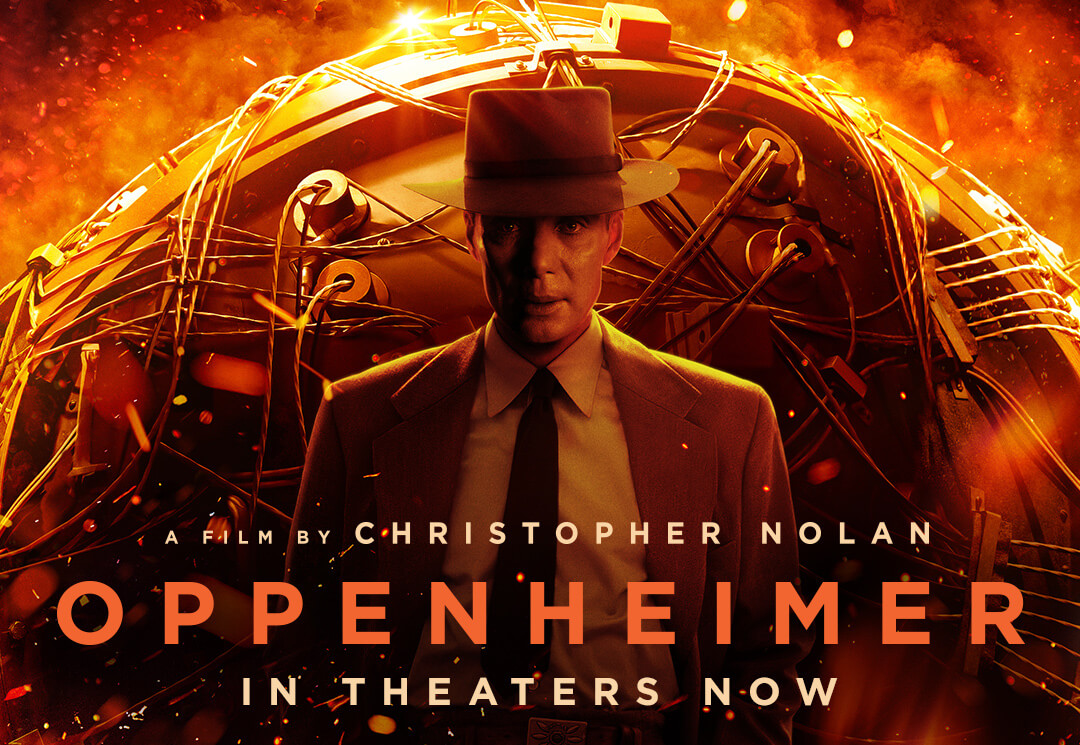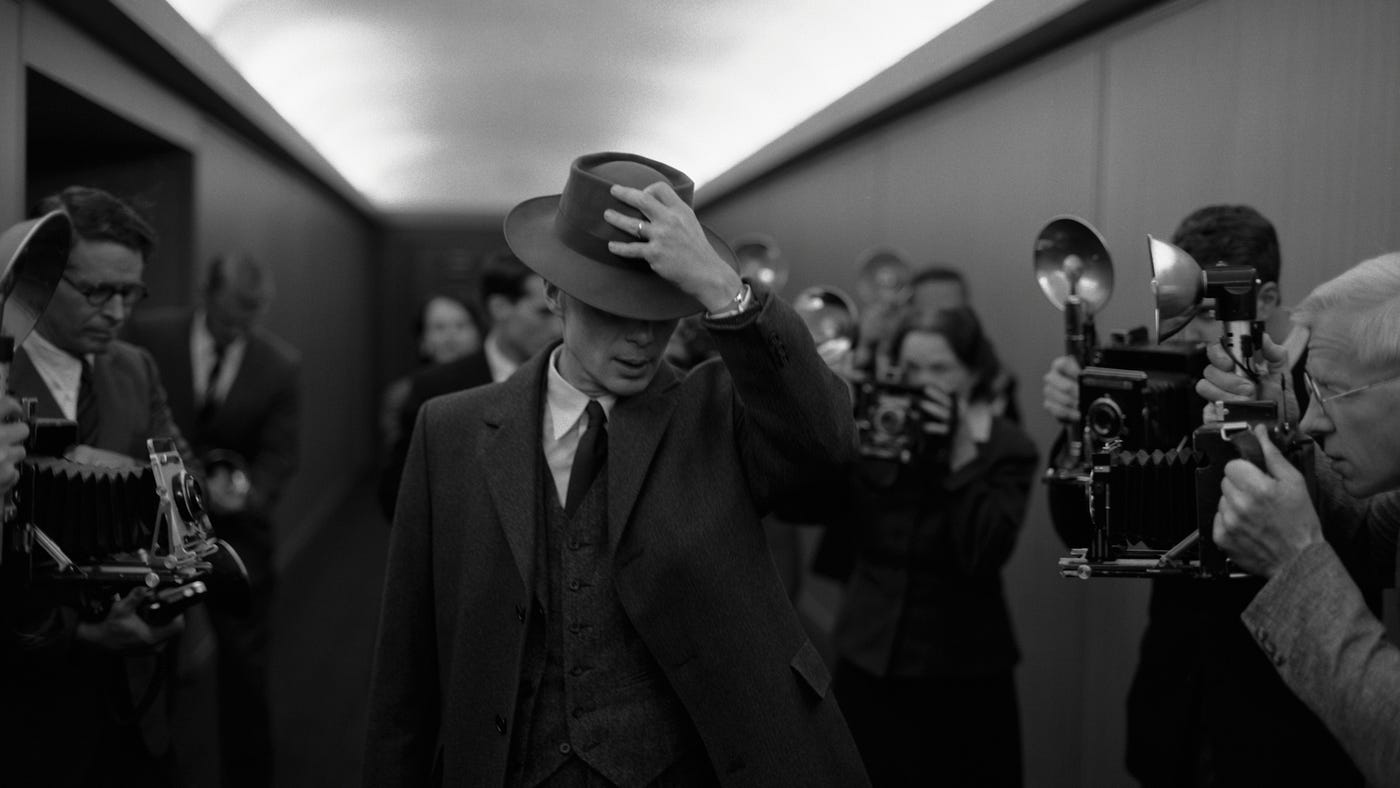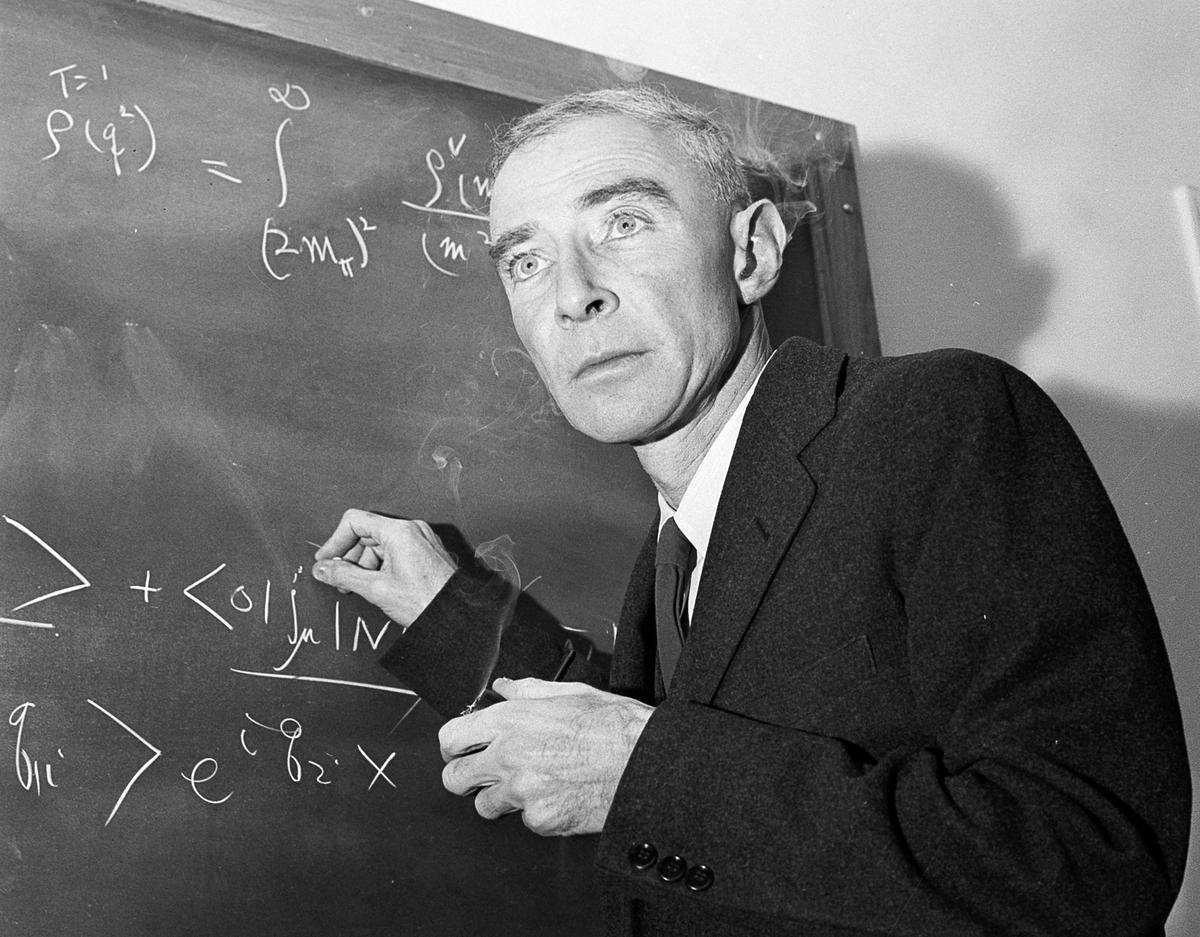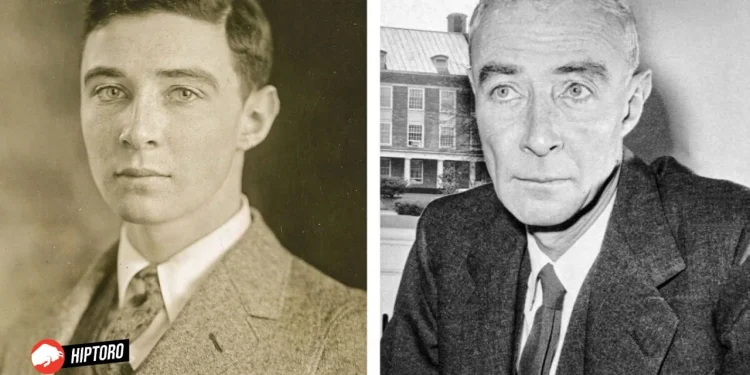The cinematic universe has recently been mesmerized by Christopher Nolan’s “Oppenheimer,” a film that delves deep into the life of J. Robert Oppenheimer, famously known as the “father of the atomic bomb.” While the movie, starring Cillian Murphy as Oppenheimer, captures the intricate details of his life and the Manhattan Project, it also throws light on another significant character – Lewis Strauss, played by Robert Downey Jr. This article explores what happened to Strauss after the events depicted in the movie, providing an insight into his controversial life and legacy.

The Controversial Denial and Its Aftermath
Lewis Strauss’s life took a dramatic turn after his notorious decision to deny Oppenheimer’s security clearance, a move that haunted him for the rest of his life. This decision played a pivotal role in the rejection of his nomination for U.S. Secretary of Commerce under President Dwight Eisenhower. The failure of his nomination in 1958, which marked only the 18th time in US history a Cabinet appointee was refused by the Senate, was a significant blow to Strauss’s career and public image.

Life Beyond the Government
Despite his controversial past, Strauss didn’t step away from the public eye after retiring from the government. He spent his later years on his farm in Virginia, engaging in activities like cattle breeding. However, the shadow of his past decisions, especially regarding Oppenheimer, loomed large over his legacy. Strauss attempted to reshape public perception with the release of his memoir, “Men and Decisions,” in 1962. Despite his efforts, the stigma of his actions in the political arena continued to influence public opinion.
The face you make when you realize Nolan pulled a fast one and that #Oppenheimer does have a post-credit scene……we're living the post-credit scene pic.twitter.com/RgqRtbEx1R
— ΩStuntman MikeΩ (@Stuntman_Mik3) November 24, 2023
Philanthropic Endeavors and Final Years
Even in retirement, Strauss remained actively involved in public service and philanthropy, dedicating his time to organizations like the American Jewish Committee. His commitment to these causes continued until his death in 1974, seven years after the passing of Oppenheimer. Strauss’s interest in philanthropy, particularly in physics research for cancer treatment, was also a personal tribute to his parents, both of whom had succumbed to cancer.

Strauss’ Personal Life and Family
Strauss married Alice Hanauer in 1903, with whom he had two sons. Tragically, one of his children did not survive early childhood. His wife, Alice, lived a long life, passing away in 2004 at the age of 101. At the time of her death, their surviving son, also named Lewis, was still alive. This personal side of Strauss, often overshadowed by his political and public life, sheds light on the more intimate aspects of his character.
Conclusion
Lewis Strauss’s life after “Oppenheimer” was a blend of controversy, public service, and personal struggles. His decision regarding Oppenheimer’s security clearance cast a long shadow over his later years, affecting both his professional life and legacy. Despite this, his commitment to philanthropy and his personal life story provide a more nuanced understanding of a figure who played a crucial role in one of the most significant periods of modern history.










